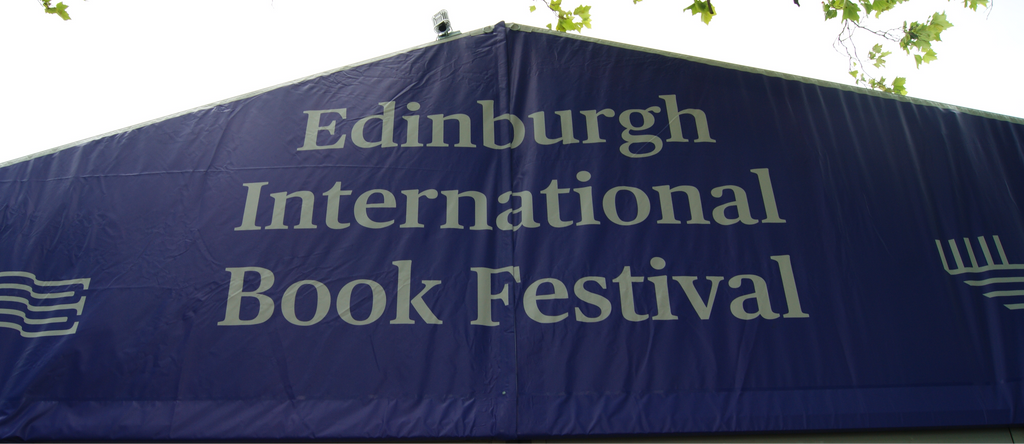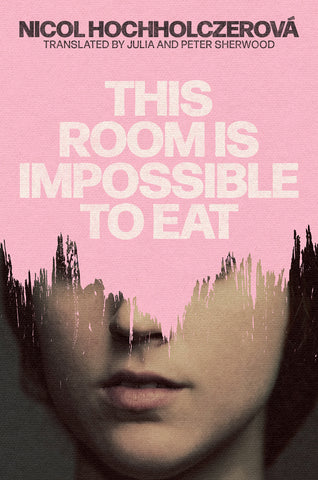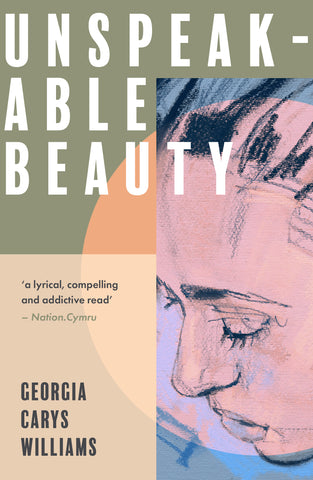Our intern Ann went to the Edinburgh International Book Festival to represent Parthian Books.
August is festival month in Edinburgh, and when I arrived one rainy Thursday night, the city was buzzing with activity. There were party-goers, theatre patrons and live music on every street corner, and the city never seemed to sleep, except perhaps in the early morning hours when even the hardiest revelers had to get some rest.
In Charlotte Square, I found a little oasis of calm, where people were no less enthusiastic, but perhaps a little less likely to shout and dance on tables. I saw groups of patrons sitting around with glasses of gin and tall piles of books; parents reading to their children or the other way around; and shoppers endlessly browsing the shelves of Scottish and international literature.
This was the home of the Edinburgh International Book Festival, which is held every year. This festival is where publishers, authors and readers alike show their love for all things literature. Spanning 17 days, the Festival is packed with readings, panel discussions, workshops, and book signings. The programme this year featured a nice blend of British and international authors, including Philip Pullman and Karl Ove Knausgaard, which meant that for two weeks, Charlotte Square Garden became a melting pot of literary voices and ideas from all over the world.
Parthian’s own Basque author Karmele Jaio was invited to discuss her new book Her Mother’s Hands (translated by Kristin Addis) in an event titled 'Mother and Child.' She was in conversation with the Scottish YA-author Brian Conaghan and the chairperson Daniel Hahn. Though Jaio’s book and Conaghan’s The Weight of a Thousand Feathers (Bloomsbury) are told in very different voices, they are remarkably similar.

Both novels feature children (Jaio’s adult Nerea and Conaghan’s teenaged Bobby Seed) who find themselves unexpectedly having to care for their mother. During their talk, the two authors touched upon the deep and complicated love that flows through these relationships, even as the difference between parent and child blurs. Both novels deal with the unexpected intimacy between child and invalid parent; the intimacy of seeing your parent at their weakest and helping them through it.
Caring is one of the main themes of both novels, and it was caring that the discussion centred on. Conaghan and Jaio discussed how their novels dealt in different ways with the idea of being dependent on others and of the complicated love that comes with caring despite the burden.
The event concluded with Conaghan and Jaio reading from their respective works. Conaghan’s reading was especially emotional as he read about Bobby’s growing panic when he realises that his mother is ill. The tone was ironic and underplayed, yet all the more powerful for it. Jaio read an evocative scene from the beginning of her novel, a scene from Nerea’s childhood, which in hindsight I can see foreshadows many of the central themes of the book.
Afterwards, the two authors went to the book tent to sign their books so that the members of the audience could take home their own little slice of ‘fame’ – a keepsake to remind them of this evening. Outside, the Edinburgh evening was slowly turning everything grey, but inside the book tent it was warm, and the air smelled of paper and damp coats.





